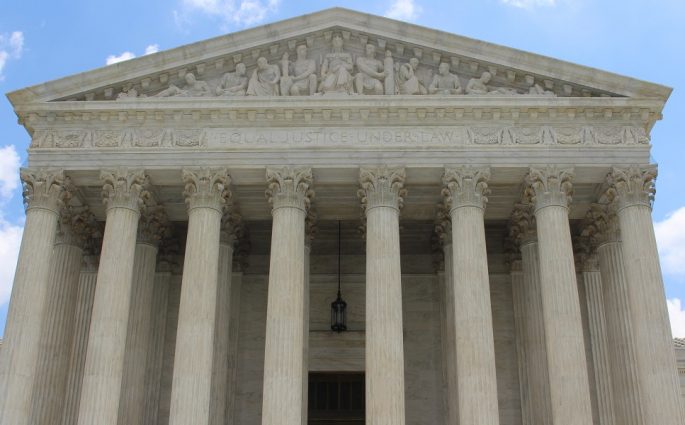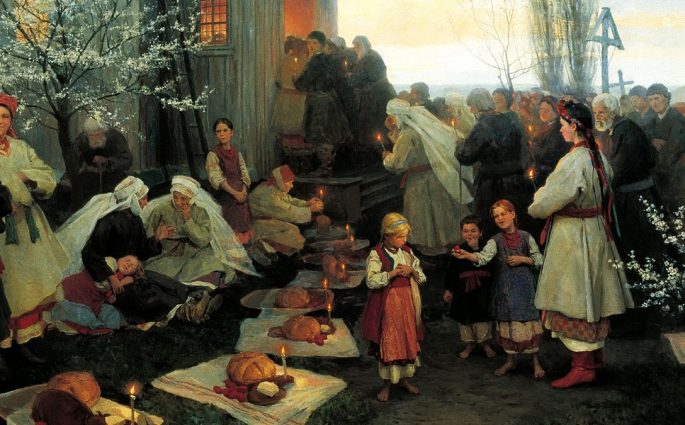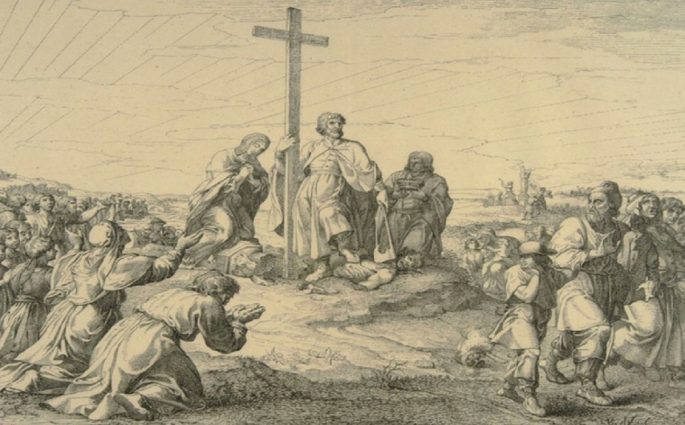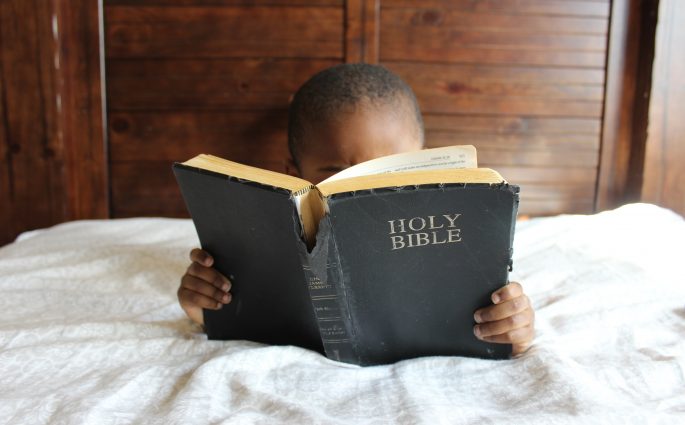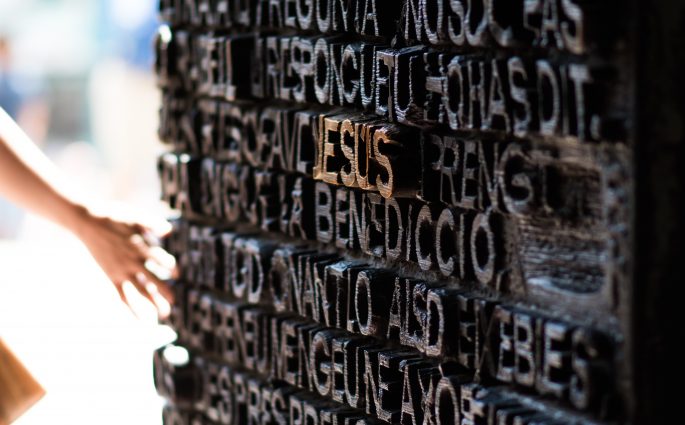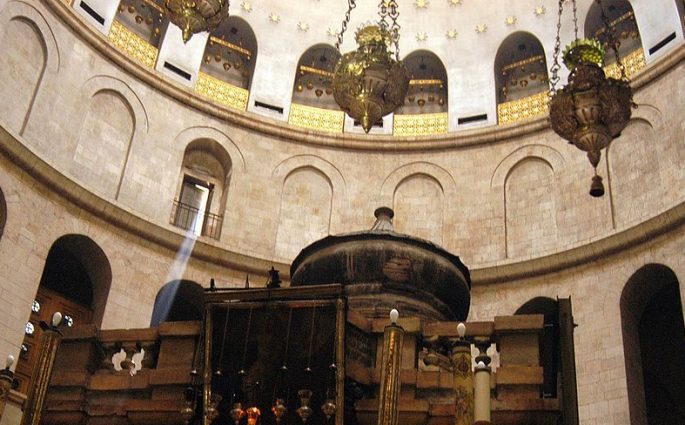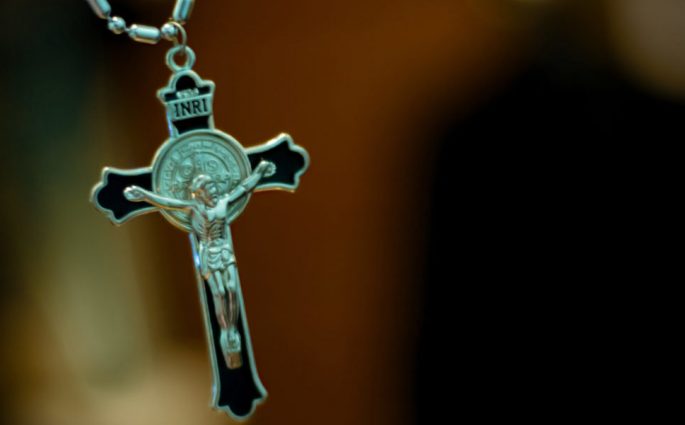Rethinking the History of Religious Freedom
Robert Louis Wilken— In the Supreme Court case Minersville School District v. Gobitis, 1940, that upheld compulsory pledging of allegiance to the U.S. flag in schools, Justice Felix Frankfurter, writing for the majority, said: “Centuries of strife over the erection of particular dogmas as exclusive or all-comprehending faiths led to























